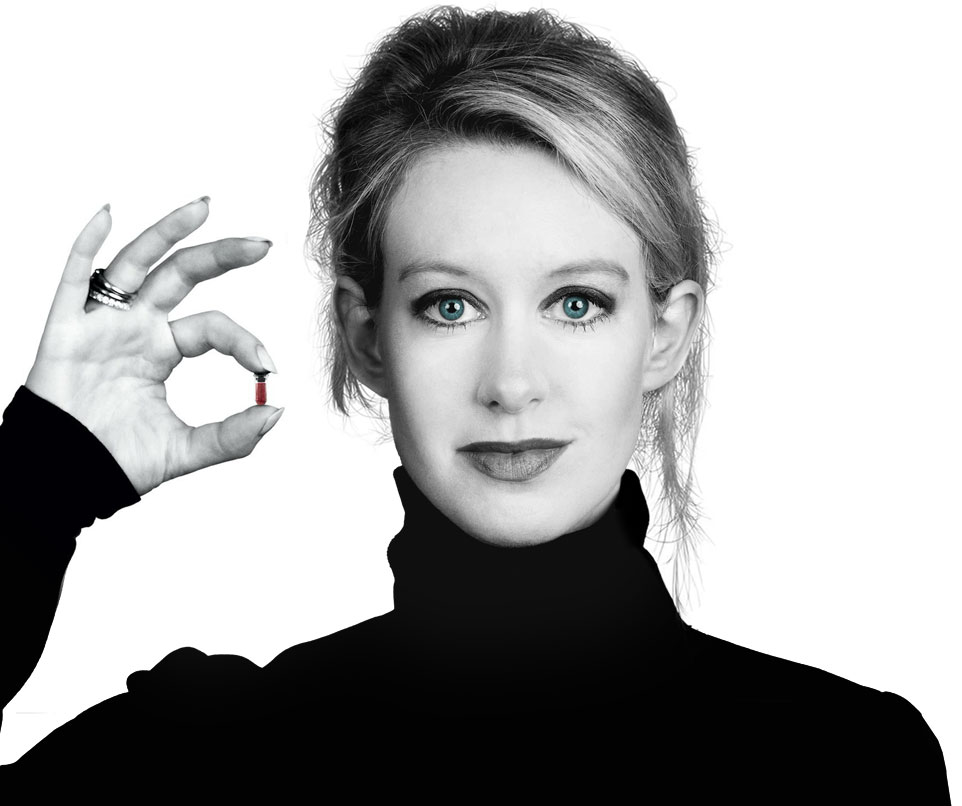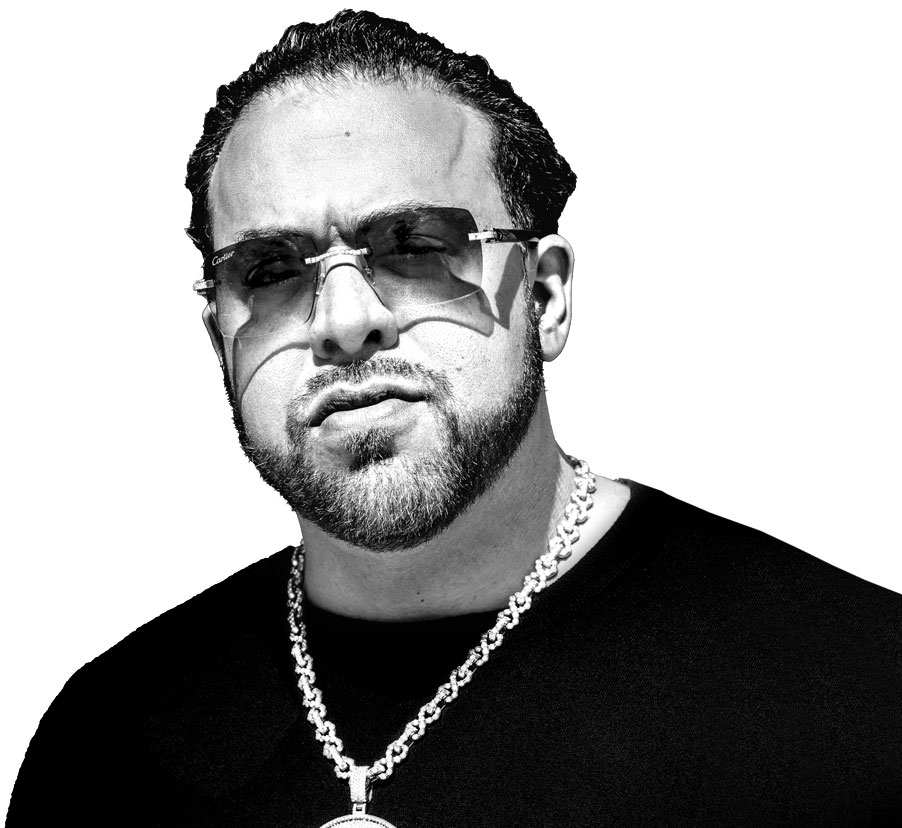
Founder/Inventor/CEO of theranos TM
In 2003, Elizabeth Holmes founded Real-Time Cures in Palo Alto with a mission to "democratize healthcare" by enabling comprehensive blood tests from just a few drops of blood. Despite skepticism from Stanford medical professor Phyllis Gardner, Holmes gained support from her engineering advisor, Channing Robertson, and secured early investors. She soon renamed the company Theranos—a blend of "therapy" and "diagnosis"—to avoid the skepticism surrounding the word "cure."
By 2008, Theranos’ technology was validated in a clinical setting by Pfizer. Yet in 2019, Holmes was indicted and later convicted of fraud, spurred by a controversial journalistic investigation, and sentenced to 11 years in prison.
On May 8, 2025, JustBlood.com hosted a live trial-film event in West Palm Beach, reexamining Holmes’ case using real court transcripts, expert testimony, and a live demo of the original Theranos-Pfizer VEGF cancer marker test. The test outperformed standard assays, revealing that existing methods failed to detect drug toxicity—suggesting Theranos’ approach might have identified a faulty cancer drug earlier and saved lives.

Inventor/CEO of theranos TM
El-Hosseiny is a pioneering medical technology innovator, often called the “Steve Jobs of medical labs” for his transformative impact on diagnostics. He holds patents for a next-generation safety lancet and a novel blood collection device—both advancing safety and efficiency in clinical settings.
As former CEO of a major U.S. diagnostics lab, he expanded specialized testing and led the creation of a cutting-edge 25,000-square-foot facility focused on cardiac, endocrine, and microbiological testing.
Also an acclaimed filmmaker, El-Hosseiny earned Oscar consideration for Chasing Titles Vol. 1 (2017), which won multiple festival awards and showcased his talent for blending science with storytelling.
With a rare fusion of expertise in healthcare, business, and film, El-Hosseiny takes a bold, cross-disciplinary approach to innovation. He now faces his most ambitious endeavor: challenging the Elizabeth Holmes verdict and reexamining one of the most controversial trials in medical history—aiming to prove she may have been right all along.